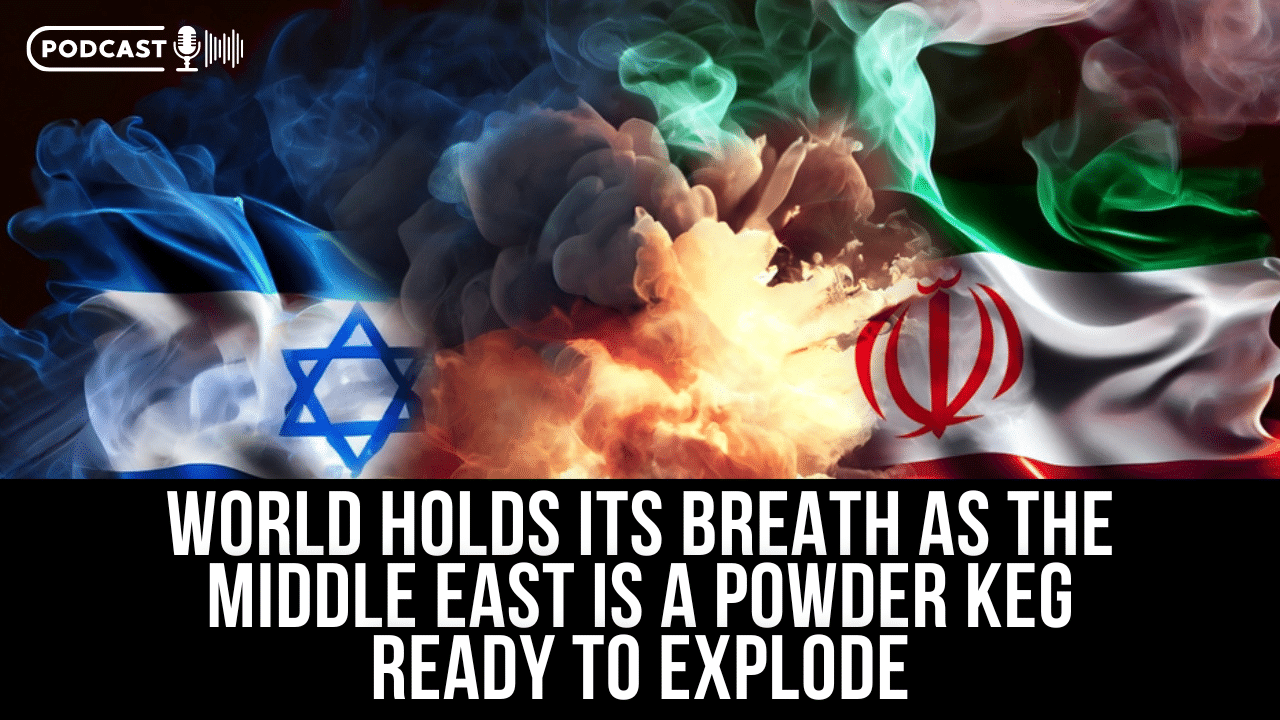China simulates sinking US aircraft carriers – China boasted it has rehearsed sinking US aircraft carriers using hypersonic missiles as part of massive war games amid simmering tensions over Taiwan. Beijing’s state-controlled media bragged recent missile launches were squarely aimed at hitting any “foreign aircraft carriers” that could interfere with a “reunification-by-force operation”.
Communist Party-run tabloid The Global Times quoted a number of named and unnamed “experts” who blustered about the massive war games near Taiwan. China has been left furious after senior US politician Nancy Pelosi – the third in line to the presidency – visited the autonomous island earlier this week in what Beijing views as a “provocation”.
Xi Jinping’s regime views any engagement between Washington and Taipei as a US endorsement of Taiwan’s independence. But an increasingly belligerent China claims the island belongs to them – and has vowed to retake Taiwan by 2050.
Warships, warplanes and missiles have all been moved towards the island for the massive Chinese war games – which in effect blockaded Taiwan. Beijing’s state run media bragged the drills showed how China could attack the island by first unleashing a wave of rocket strikes across the Taiwan Strait.
And it then boasted missile launches showed how the Communist forces could also strike any “foreign” aircraft carriers that may attempt to “intervene from the Philippine Sea”. Hypersonic missiles such as the DF-17 could be used, it claimed, to hit “moving targets at sea”.
China halts operations with the US regarding military relations and climate change – China said Friday it would halt cooperation with the United States on areas including military relations and climate change while imposing sanctions against House Speaker Nancy Pelosi, as Beijing stepped up its retaliation to her Taiwan visit.
The new measures were announced as military drills Beijing launched furiously in the wake of her trip earlier this week sent warplanes, naval ships, and missiles menacingly close to this small island democracy despite growing criticism.
The U.S. delegation’s unannounced visit to Taiwan has fueled a mounting crisis, raising fears of conflict in the region and stoking tensions between Washington, its allies, and Beijing. Beijing said Friday it will cancel phone calls between regional military commanders, defense meetings, talks on maritime safety and on climate change.
It also said it would end cooperation with the U.S. on anti-drug efforts, returning illegal immigrants and transnational crime. Earlier, China took personal action against Pelosi, announcing sanctions on the speaker and her immediate family in response to what the Chinese Foreign Ministry called her “egregious provocations.”
White House summons Chinese ambassador as crisis escalates – The fallout over House Speaker Nancy Pelosi’s visit to Taiwan escalated sharply Friday as China reacted angrily to having its ambassador summoned to the White House, and said it would cancel or suspend dialogue with the United States on several issues and sanctioned Pelosi and her family.
After China responded to Pelosi’s visit by firing missiles into the waters around Taiwan, the White House responded Thursday by telling Ambassador Qin Gang that China’s recent military actions — including firing missiles into the waters around Taiwan — were “irresponsible and at odds with our long-standing goal of maintaining peace and stability across the Taiwan Strait,” National Security Council spokesman John Kirby said in a statement provided to The Washington Post.
Secretary of State Antony Blinken, speaking to reporters in Cambodia, delivered an equally sharp message to China. “There is no justification for this extreme, disproportionate, and escalatory military response,” he said, adding, “These provocative actions are a significant escalation. . . . They’ve taken dangerous acts to a new level.”
Xi Builds a Security Fortress for China, and Himself – Over informal, private meals with American leaders, China’s Xi Jinping let his guard down a little. It was a decade ago, relations were less strained, and Mr. Xi, still cementing his power, hinted he worried about the Chinese Communist Party’s grip.
Speaking privately with President Barack Obama and Vice President Joe Biden, Mr. Xi suggested that China was a target of “color revolutions,” a phrase the party adopted from Russia for popular unrest in the name of democracy and blamed on the West. The recent “Arab Spring” uprisings across the Middle East had reinforced his concerns that China was vulnerable to public anger over corruption and inequality, both of which the country had in abundance.
Over informal, private meals with American leaders, China’s Xi Jinping let his guard down a little. It was a decade ago, relations were less strained, and Mr. Xi, still cementing his power, hinted he worried about the Chinese Communist Party’s grip.
Speaking privately with President Barack Obama and Vice President Joe Biden, Mr. Xi suggested that China was a target of “color revolutions,” a phrase the party adopted from Russia for popular unrest in the name of democracy and blamed on the West. The recent “Arab Spring” uprisings across the Middle East had reinforced his concerns that China was vulnerable to public anger over corruption and inequality, both of which the country had in abundance.

















